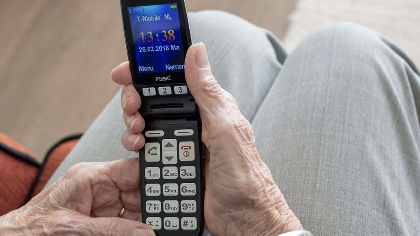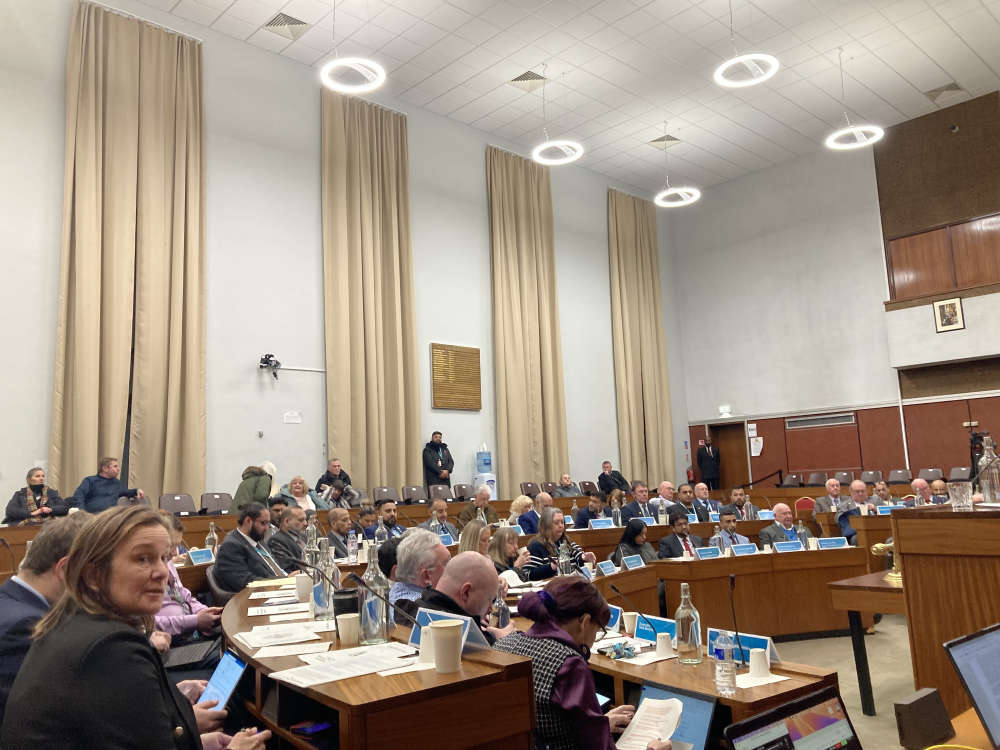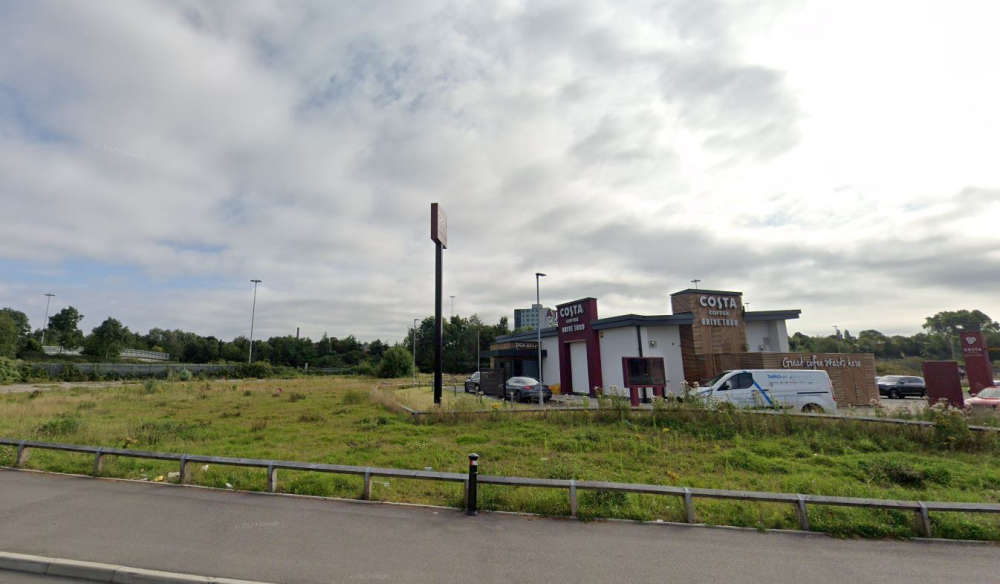
Vulnerable elderly and disabled people are being cut off from their ‘crucial’ service because of a ‘nightmare’ technology issue.
The Helpline and Response Service links the elderly and people with disabilities in Oldham who need urgent help to adult and social care services with the press of a button device.
But a government-backed project to transition the country from analogue to digital phone lines means some of those links are being disconnected and the buttons used by vulnerable people to alert their need for help then fail to work.
This can happen without the knowledge of the council, which would dispatch the urgent help via care and support provider MioCare, a council meeting has heard.
Oldham council is trying to resolve the ‘nightmare’ tech problem that is seeing these vulnerable people disconnected from vital help.
Councillor Barbara Brownridge, cabinet member for health and social care, said the situation “is causing a nightmare for people with old-fashioned landlines”.
“It’s even worse for people with the helpline, because while you can plug your landline into your router [and still use a phone to call in], that doesn’t work for the [button] alarm system.
“We had a recent very unfortunate accident where somebody couldn’t call for help because their service line had been disconnected when their providers installed an updated phone line. It just highlights the fact that this is very serious.”
Oldham Cabinet agreed to free up funding to update the alarm system so it can stay connected to the new digital system.
Cllr Brownridge argued the investment “will buy us a future” in light of ever-rising demand for adult services.
“We can’t really afford not to,” she said.
Almost 4,000 people rely on the Oldham service, which is managed by MioCare.
While many issues can be resolved over the phone, one in ten of the approximately 58,000 callers last year needed physical help from a response team.
Catherine Rafferty from the charity OPAL, which helps people with learning disabilities live independently, called the service ‘essential’.
“It helps people who ordinarily would have to go into assisted living to stay independent for as long as possible,” she said.
“Just knowing that there’s somebody else at the end of the line that will listen to them and be there for them if something goes wrong, that helps people feel settled.
“We have people who rely on the service, people who have trouble with mobility or have learning disabilities. Without it, you’re just putting these people at risk of falling, breaking bones and people could even die because they aren’t found in time to provide the support they need.”
The council motion to fund the replacement of alarm units with digitally compatible ones was passed unanimously.
Cllr Brownridge said: “Oldham’s Helpline and Response Service has nearly 4,000 customers, and to make sure they continue to have alarm units that work, several actions have already been taken.
“We’ve called and written to all residents more than once to talk them through the switchover and check their phone lines are working, and we’ll repeat this process every few months until the switchover process is complete.
“We’ve also worked with telephone providers to make sure they hold the correct telecare status for residents, underlining the importance of engineers holding that same information when visiting people in the community to complete a switchover.
“We know that despite everything we’ve already done, we cannot take anything for granted. As such, the council is making significant IT investment in new digital units that remove the risk of any disconnection happening to a customer’s alarm unit on the back of the digital switchover. This will be rolling out over the course of the year.
“As we continue to provide this crucial service to people across Oldham, we want to assure residents that their safety and wellbeing is our highest priority and every care is being taken to ensure a safe digital switchover.”


 Wins all round for local boxers
Wins all round for local boxers
 School promotes culture day
School promotes culture day
 Government responds to request for statutory powers in Oldham CSE inquiry
Government responds to request for statutory powers in Oldham CSE inquiry
 New Lidl store will bring new jobs
New Lidl store will bring new jobs

